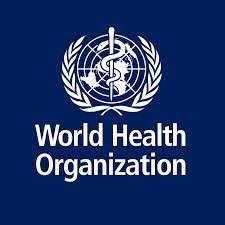Each year, 76,000 African women die from cervical cancer, a preventable tragedy that claims lives in the prime of adulthood.
This staggering toll has prompted urgent calls for action, with global health leaders outlining a roadmap to eliminate the disease in the African region.
In a new opened message, Dr. Matshidiso Moeti, WHO Regional Director for Africa, and Dr. Daniel Dulitzky, World Bank Regional Director for Human Development, stress the urgency of addressing this health crisis. “Cervical cancer is a tragedy we can prevent,” said Moeti. “We have the tools to save lives, and it’s time we use them.”
The WHO’s Global Strategy to Accelerate the Elimination of Cervical Cancer targets key pillars: vaccination, screening, and treatment.
By 2030, the goal is to ensure 90% of girls are vaccinated against HPV, which causes nearly all cervical cancers, and 70% of women are screened by age 35. Crucially, 90% of women identified with precancerous lesions must receive treatment.
A significant step forward came with a $400 million investment from the World Bank, Gavi, and other global partners, aimed at immunising 86 million girls by 2025. “This funding will be transformative in reducing cervical cancer deaths in Africa,” Dulitzky explains.
While 29 African countries have introduced the HPV vaccine, much more is needed to reach underserved populations. At a recent event in Kinshasa, stakeholders pledged to accelerate access to prevention, diagnosis, and treatment.
With women’s health at stake, Moeti urges global partners to “double down on efforts” to reach the WHO’s ambitious 90-70-90 targets. The fight to eliminate cervical cancer is a critical battle for the health of future generations.



